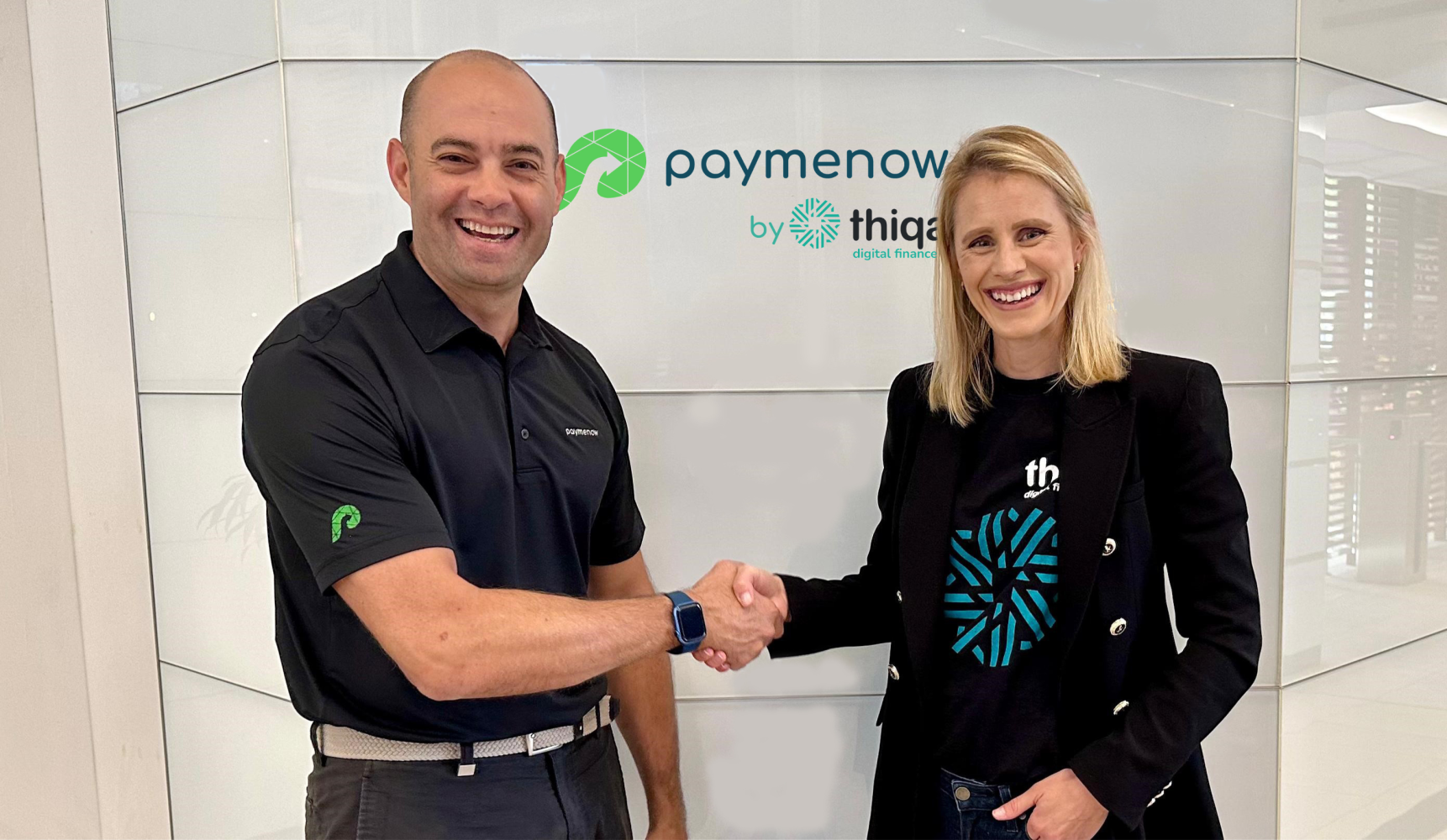Uganda Draws Startups Making Everyday Payday For Salaried Workers

Local startups are looking to put Uganda on the map as the emerging wave of employers empowering employees to get paid on-demand at all times regardless of payday takes shape across the continent.
Ugandan startup Thiqa Digital Finance and South Africa’s Paymenow are teaming up to bring earned wage access (EWA) solutions to Uganda’s government employees, marking a significant stride in empowering workers and reshaping financial services in the region. This partnership not only positions Uganda among pioneers in the EWA space but also sheds light on the broader landscape of fintech innovation across Africa.
EWA, often called ‘on-demand pay’ or ‘salary on-demand’ fundamentally alters the traditional pay cycle paradigm by enabling employees to access a portion of their earned wages before the standard monthly payday. Typically, EWA providers run payroll for employer clients and earn fees.
The collaboration, per a press release shared with WT, aims to address the liquidity gap faced by Ugandan workers between paydays, empowering them with greater financial flexibility and stability.
Danielle Lavan, CEO of Thiqa, expressed optimism about the partnership, stating, “By partnering with Paymenow, we are bringing their direct payroll integration solution to Ugandan government employees, helping them bridge the gap between paydays and managing unexpected expenses. What Paymenow has been able to achieve in Southern Africa – growing a customer base of over half a million users – is exceptional, and we look forward to replicating this success and making a tangible impact in Uganda.”
Leveraging Thiqa’s Islamic finance platform and Paymenow’s EWA solution, Ugandan civil service staffers are being promised greater control over their finances. By effectively making everyday payday, the goal of mitigating financial strain caused by the rigidities of traditional payroll systems seems within grasp.
The ‘pay-as-you-work’ generation
Workers, often constrained by limited access to credit and cumbersome banking processes, stand to benefit from the convenience and flexibility offered by EWA solutions. By providing timely access to earned wages, EWA not only addresses immediate financial needs but also fosters a culture of financial resilience and empowerment among workers.
The need for EWA in Uganda and elsewhere stems from the challenges faced by many workers in accessing timely and affordable credit. With traditional financial institutions often imposing cumbersome processes and payday lenders exacting high interest rates, employees are left with limited options to meet their immediate financial needs.
Consequently, EWA holds significant potential within the African labour market, with the absence of liquidity between paychecks presenting a staggering USD 30 B funding opportunity across Africa each month, as Chikodi Ukaiwe, Founder/CEO of Nigerian EWA platform Salad, previously highlighted in a 2022 conversation with Afridigest.
EWA presents a viable solution, offering quick and convenient access to earned wages without the burden of exorbitant fees or long wait times; a lifeline to workers grappling with unexpected expenses or cash flow disruptions. This, stakeholders reckon, could boost worker welfare and retention, and in turn, enhance productivity.
Opportunity vs Obstacle
However, the path to widespread adoption of EWA in Africa is not without its obstacles. Low levels of financial literacy, coupled with regulatory complexities, pose significant challenges to EWA providers seeking to scale their operations. Startups like Thiqa and Paymenow must navigate these hurdles while ensuring compliance with regulatory frameworks and safeguarding consumer interests.
Despite these challenges, the outlook for EWA in Africa is promising, driven by the continent’s burgeoning fintech ecosystem and the growing demand for innovative financial solutions.
Other notable players in the EWA space, such as Pade, SeamlessHR, and Earnipay in Nigeria; Khazna and Nowpay in Egypt; Floatpays and Jem (formerly SmartWage) in South Africa; and Kenya’s WorkPay, are among startups leading the charge, leveraging technology to unlock what some colloquially call ‘streaming salary’ in some circles.
There are encouraging signs. Pade, a Nigerian HRtech startup that announced a USD 500 K pre-seed last February, helped over 100 African businesses process more than NGN 11 B in payroll in 2023 with NGN 3.07 M in EWA disbursed in Q4, per its Year-in-Review, managing 10,000+ employee profiles.
What workers don’t know they need
As it stands, EWA in Africa presents both opportunities and challenges. While there is demand, however latent, due to the liquidity gap between paychecks, providers face the challenge of converting reluctant targets.
Epitomising this reluctance is a November 2023 survey of 101 persons by TechCabal in which the majority (70.6%) of employees said they would rather receive their salaries at the end of the month than request a portion of the salaries they had worked for on a weekly or daily basis. There are also concerns about the possibility of enabling impulsive spending. Changing these sentiments demands work.
Moreover, while EWA seems a useful way to increase employee retention and productivity, some employers consider it a “desirable but non-critical offering”, and questions linger around the viability of a solution that seems more pushed by providers than pulled by consumers.
The future of EWA platforms raises questions about their business models and differentiation. Insiders assert that long-term success could depend on solving for affordability, innovative distribution strategies, data commodification, and bundling EWA with complementary services.
Some EWA platforms are already evolving into full-service HR or financial services providers. Transitions of companies like Khazna in Egypt and Smartwage in South Africa offer insights for the future. As the market evolves, adaptation and innovation seem crucial for success in the emerging EWA landscape across Africa.
With Thiqa and Paymenow now leading the charge in Uganda, on-demand pay represents a compelling avenue for driving meaningful change and fostering economic growth.
Paymenow’s Group CEO, Deon Nobrega, emphasises the transformative impact of EWA on individuals’ financial well-being. “The traditional monthly pay cycle often leaves employees unable to cover emergencies or seize immediate financial opportunities,” Nobrega remarked. “With our EWA technology, users gain early access to their earned wages, enabling them to address pressing financial needs.”